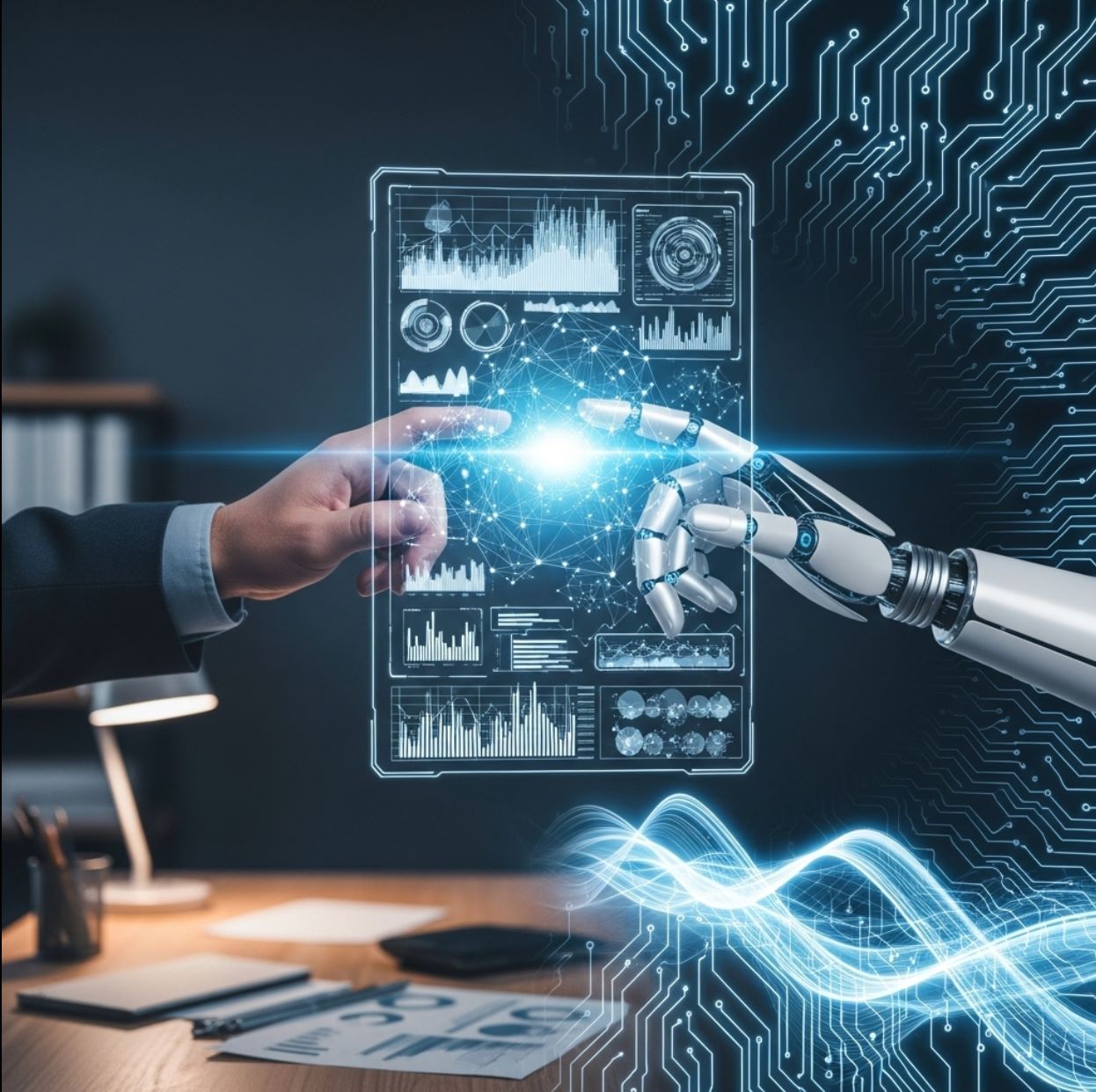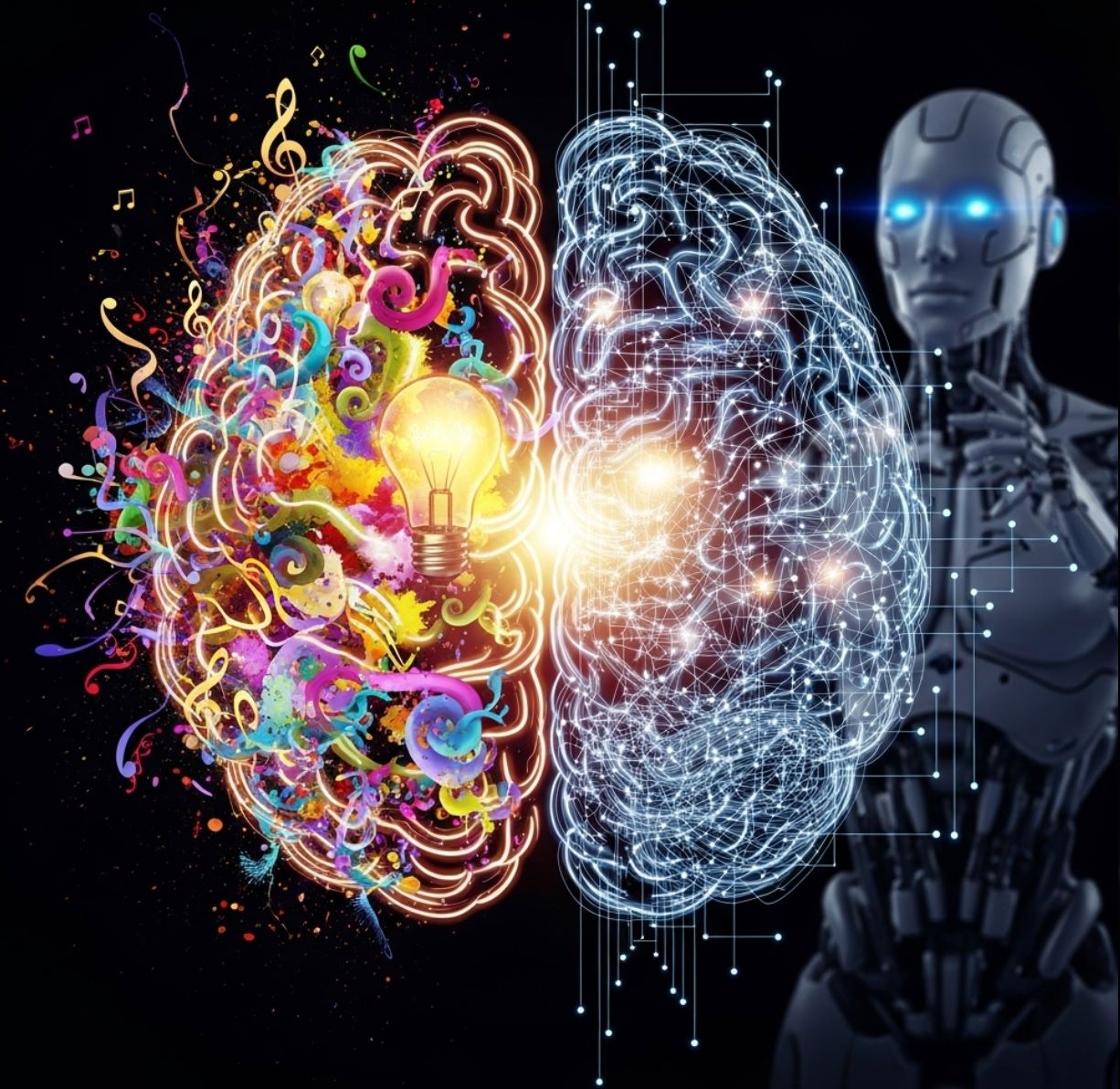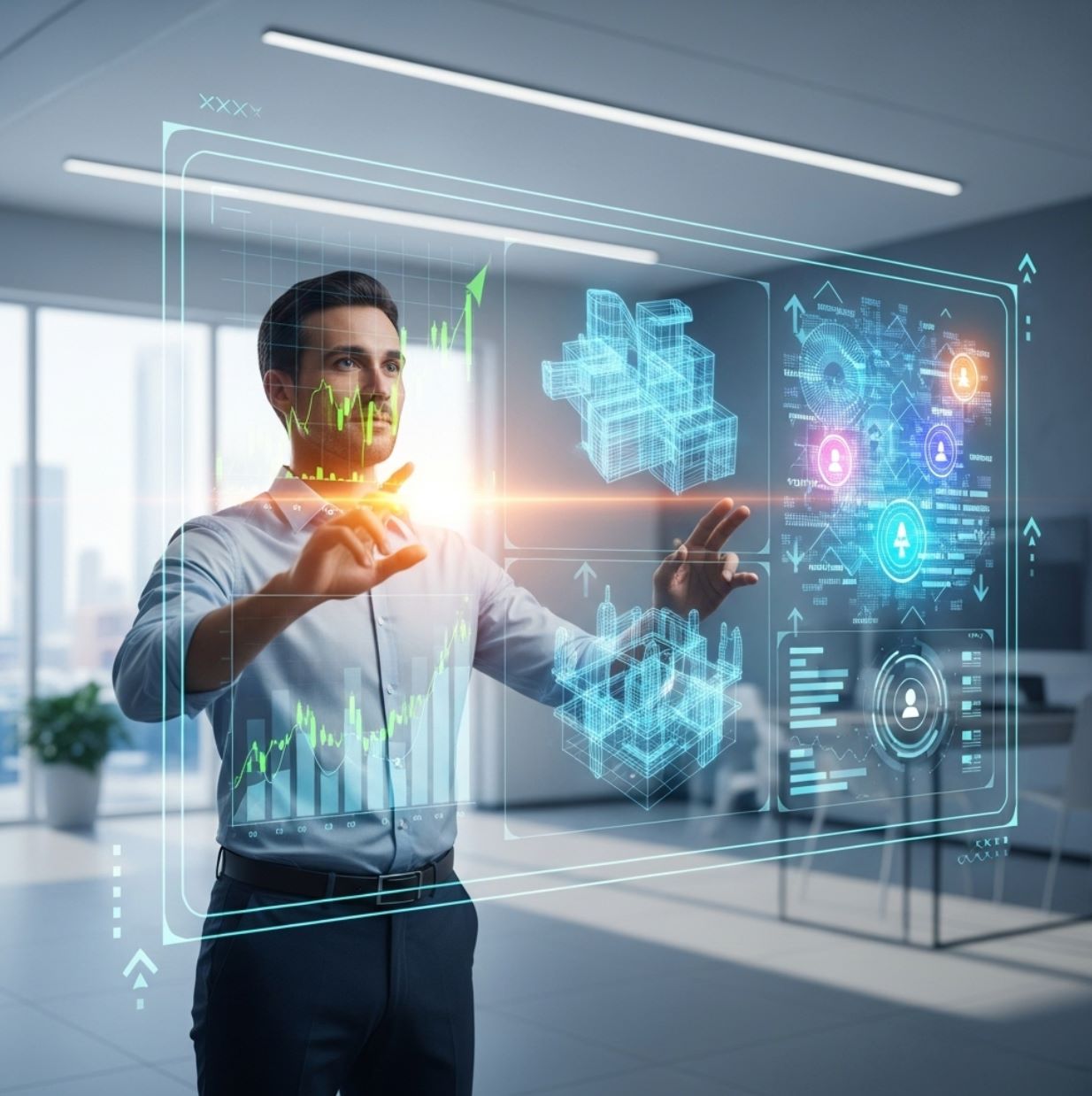Will AI replace humans?
“Will AI replace humans?” is not an absolute “yes” or “no.” AI will replace certain specific tasks and transform the way we work, but humans will continue to hold a leading role thanks to qualities that machines cannot possess.
Will AI replace humans? Are you also curious about this issue? Let's explore in detail with INVIAI in this article to find the most reasonable answer for you!
In the current era of artificial intelligence (AI) explosion, many people ask: can machines replace humans in work and life? In reality, AI is deeply impacting the labor market: according to the IMF, about 40% of global jobs could be affected by AI, with this figure rising to 60% in developed countries.
However, this impact goes both ways: AI will automate certain tasks but also support and enhance productivity for the remaining jobs. For example, a McKinsey survey estimates that generative AI tools could automate up to 70% of employees' workload and replace half of their daily activities by 2045.
AI does not just automate work and replace humans; the greatest benefit comes from AI working alongside humans and helping them work more efficiently.
— Erik Brynjolfsson, Stanford University
How is AI changing work?
AI has been and is being applied in many fields from manufacturing, healthcare, to services and education. Many repetitive tasks or those based on fixed processes can be quickly handled by AI. For example, in factories, automated robots can take on assembly or basic quality inspection tasks; in offices, AI software can input data, analyze patterns, and automatically generate reports.
Specifically, AI can replace specific tasks (data cutting, pattern recognition) but cannot yet fully replace human involvement in the overall process.
Jobs Most Likely to be Affected
Human Oversight Required
The jobs most likely to be affected tend to be those that are computational and repetitive. For example:
- Manufacturing and automated inspection - robots have replaced many manual tasks in factories
- Administrative and office services - data entry, basic accounting, scheduling
- Basic customer service - chatbots supporting common inquiries
- Data analysis and basic financial reporting - AI can quickly aggregate, filter, and present data
- Initial content creation - automatically writing simple news articles, editing videos/templates

Human skills that AI struggles to replace
Although AI is becoming increasingly powerful, it still has many limitations compared to humans. Experts emphasize that artificial intelligence currently lacks the ability to perceive or understand like humans.
A Workday (2025) survey of thousands of workers found that 93% of AI users believe this technology helps them "free up human effort" to focus on more strategic and higher-level thinking tasks.
With AI handling repetitive tasks, humans can dedicate time to planning, creativity, and solving complex problems—areas where AI has yet to surpass.
This indicates that AI can "compete" with a small group of humans in specific creative tasks, but it does not mean AI can replace the full range of unique creative abilities of each individual.
More importantly, AI is unlikely to replace uniquely human skills, such as:
Empathy and Communication
The ability to sense, understand emotions, and build relationships
- Ethical decision-making
- Conflict resolution
- Relationship building
Creativity and Critical Thinking
AI can suggest ideas, but humans skillfully select and refine to create new value
- Original idea generation
- Strategic thinking
- Innovation processes
Leadership and Management
AI lacks full autonomy and cannot inspire teams like humans
- Final decision-making
- Team inspiration
- Adaptive flexibility
AI will not replace core human elements such as empathy, communication, and relationship building.
— Canva Representative

The role of humans in the AI era
In summary, AI will not "replace humans" comprehensively. Instead, AI is changing the way humans work. Many reports show AI significantly boosts labor productivity without reducing employment.
For example, according to PwC (2025), companies using AI to increase productivity have recorded average revenue growth per employee three times higher than before.
Contrary to fears of job loss, the number of jobs—and wages—are increasing in most AI-exposed occupations, including those with the highest levels of automation.
— PwC (2025)
Salesforce Case Study
OpenAI Prediction

Conclusion: Preparing for the AI-Human Partnership
Recent analyses and studies consistently agree that AI will change work but cannot fully replace humans. In the AI era, the challenge for each individual is to learn how to collaborate with this technology.
Viewing AI as a Threat
- Resistance to change
- Anxiety about job loss
- Avoiding AI tools
AI as a Supportive Tool
- Enhanced productivity
- Focus on strategic tasks
- Competitive advantage
Enhance Human Skills
Develop uniquely human capabilities: empathy, creativity, and management skills that AI cannot replicate.
Learn AI Collaboration
Master how to effectively leverage AI tools to improve efficiency and quality of work.
Embrace Partnership
View AI as a powerful ally rather than a replacement, turning it into a competitive advantage.
Ultimately, the answer to the question "Will AI replace humans?" is not an absolute "yes" or "no." AI will replace certain specific tasks and transform how we work, but humans will continue to hold a leading role thanks to qualities that machines cannot possess.
Instead of fearing it, we should prepare knowledge and skills to master AI, turning it into a powerful ally to improve efficiency and quality of work in the future.







No comments yet. Be the first to comment!